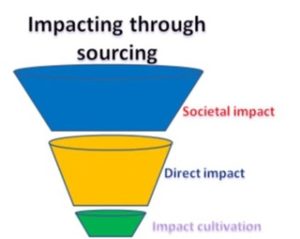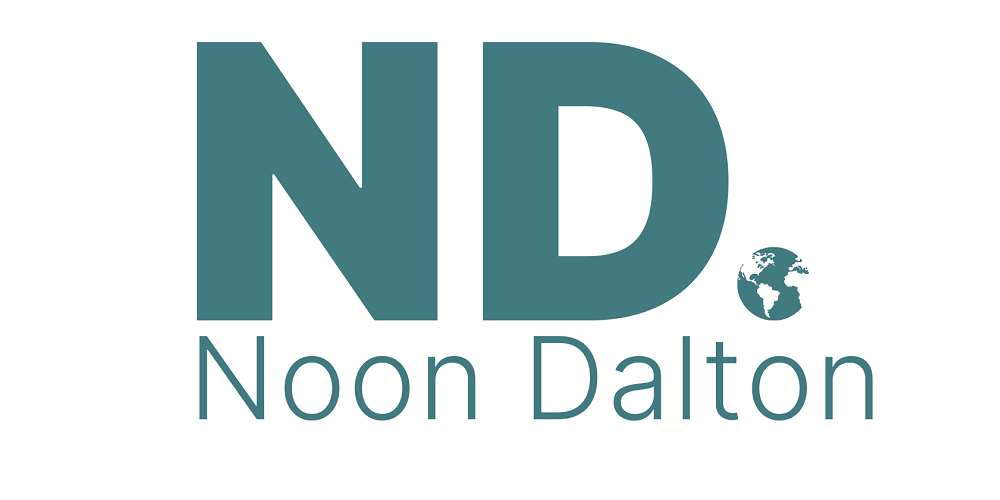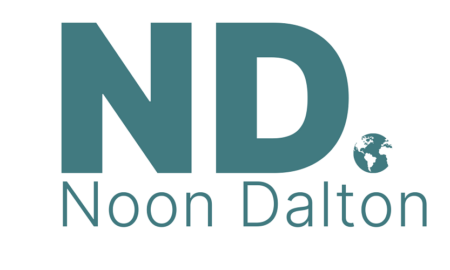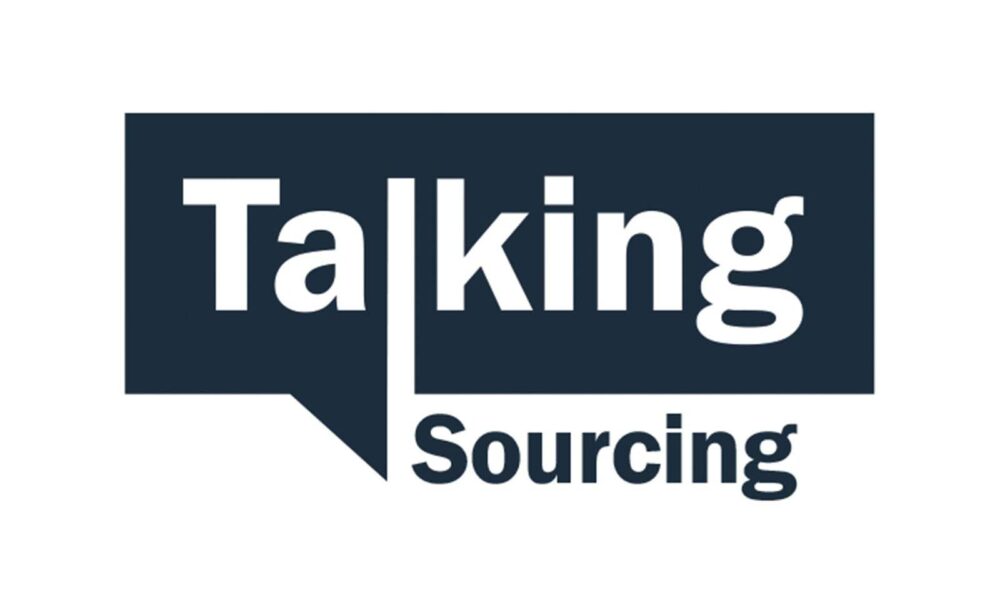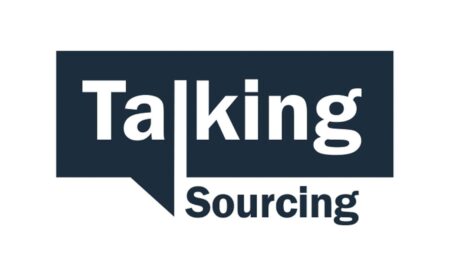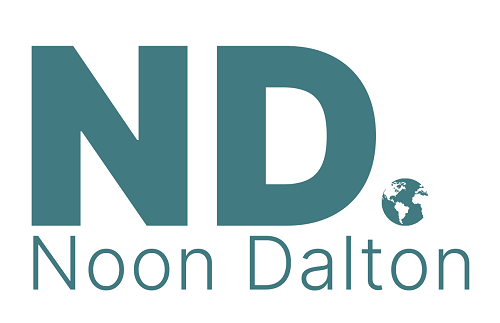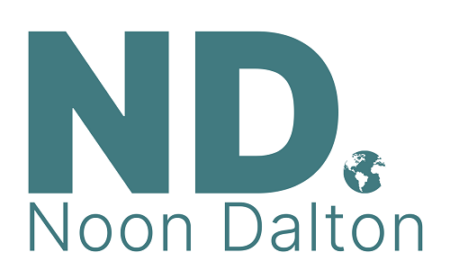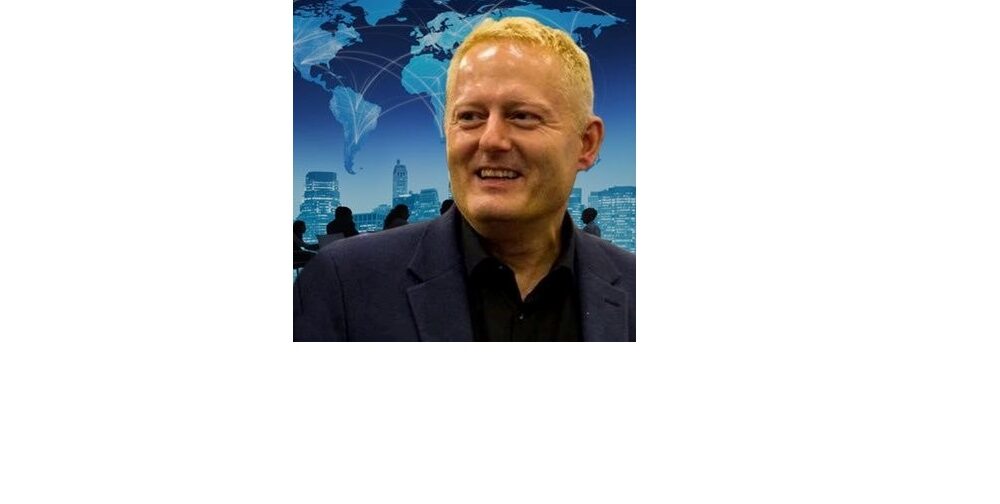Impact sourcing is the new business lingo. Companies are touting their approach to impact sourcing and showcasing their civic mindedness. In many cases, they truly believe in the concept and have a solid strategy and implementation plans for achieving real benefits that impact society. The goal, however, should be to achieve long lasting change for individuals and communities.
As important as impact sourcing is in creating a better world, we need to think about impact “cultivating.” If you wish to reforest a barren landscape, you must start with seeds and nurture the saplings until you have fully developed strong, resilient trees. It requires time, effort, and investment. Cultivating requires providing ongoing skills and knowledge that will allow participants to adapt to changing situations, so they will not be left behind again. We already see the effect of technology eliminating low skilled positions. Many supporting fields, such as medicine, are under prepared and under staffed. In this article, let’s look at impact cultivation and the foundation it creates for impact sourcing.
| World Central Kitchen
In 2010, famous chef José Andrés and his wife had a dream and formed this organization. Its charter is to provide food for the community affected by disasters – natural or pandemic. They went to Haiti after the earthquake and the storm. Their goal was not just to provide meals but also to obtain ingredients from local sources and support local restaurants that were open. Thereby, supporting the local economy when help was needed. “In Haiti, aspiring chefs are obtaining the skills and confidence they need to elevate their careers and the country’s tourism sector” (Source: WCK.org). Here is an example of making an impacton a society that businesses may tend to ignore and cultivating resources during difficult times. |
What is Impact Sourcing?
So first, let’s define what is “impact sourcing”. According to Wikipedia: “Impact sourcing, also known as socially responsible outsourcing, refers to an arm of the business process outsourcing (BPO) industry that employs people at the base of the pyramid or socioeconomically disadvantaged individuals as principal workers in business process outsourcing centers to provide high-quality, information-based services to domestic and international clients.” Some other sources define it as outsourcing work to economically disadvantaged communities.
As shown in the figure above, impact sourcing not only directly affects those who are engaged in the services, but it provides economic and social contributions to the community at large. Engaging a number of disadvantaged individuals to provide a service is good, but it is the greater impact on the society that should be considered when evaluating the results of impact sourcing. The societal impact can uplift the entire surrounding population. It can encourage others to become engaged in changing their lives and provide the role model for that change. It can provide an economic boost to local businesses and, eventually, can result in flourishing local economies that contribute to, rather than depend on, government support.
Challenge behind impact sourcing
It is commendable and worthwhile to think about the disadvantaged population when considering outsourcing. It does make an impact. However, there are some significant challenges for a successful implementation:
- Disadvantaged population may not have the necessary hard and soft skills necessary to perform the business function
- The social framework in these areas makes it difficult for some to have a “regular” job. They may be engaged in supporting their elderly or young children who demand time and energy
- Distressed locations do not have the adequate infrastructure to establish a viable center. Utilities generally avoid locations where there is little opportunity for a profitable growth
There are many socially conscious businesses that do not, or cannot, invest time and energy in solving the root problems and look for easier alternatives. As a result, some of the disadvantaged areas and populations tend to fall further behind. Such is the case for many geographic locations globally.
The cornerstone for cultivating resources
Even though the government can support and encourage cultivating resources in the affected areas, this support usually comes in the form of infrastructure investments and tax benefits. These alone cannot cultivate resources. There needs to be a social ecosystem to establish and promote resources. There are three components to such an ecosystem:
- Resource channeling: In the disadvantaged areas, resources are not easily identifiable and traditional means of recruiting may not be effective. There needs to be a set of mentor organizations that identify and prepare these resources for a “professional” job. For example, they provide initial training, and guidance on how to look (and dress) professional, learn some soft skills necessary for a position in the services industry. They act as career guidance counselors for workers, many who may not have had an opportunity to be employed in a professional business. Most of these organizations are either charity funded or local governmental organizations.
- Familial umbrella: Creating a support system is crucial especially when workers have not had a chance to be employed full time in a structured environment. There may not be resources such as day-care services, access to affordable medical advice, affordable transportation. Without these services, it may be difficult to engage them in a career-changing opportunity. Religious organizations, non-governmental entities, formal social networks and even governmental agencies can provide the support needed to help the people. For example, an impact sourcing services company – PeopleShores established a center in San Jose, CA and got social networking support from civic support organizations (see attached).
- Educational enablement: Generally, businesses do not want to have the sole responsibility for educating and training employees. Disadvantaged people also do not have the financial means or access to affordable education. This lack of an educated workforce creates a never-ending cycle. In order to break this cycle, there has to be an ecosystem that provides affordable education, and skills development and coaching. This enablement has three critical parts:
- Provide scholarships for students who cannot start or complete their education without financial support.
- Provide mentoring for these people so that as they “graduate” from their studies, they can present themselves professionally as well as learn the tools of networking and job searching.
- Finally, create job opportunities through an impact sourcing focused company that recruits them and provides engagement specific training before fully deploying them in the workforce, thus creating a career path for them.
Wells Mountain Initiative is a charity that provides post-secondary scholarships and skills training to students – mostly in the African and Asian continent, who have been unable to continuing their education due to a lack of resources. A part of the selection criteria to become a WMI Scholar is a demonstrated commitment to remain in their community and create opportunities to make an impact.
Global Mentoring Initiative is another charitable organization that matches qualified mentors with the students as they reach their final year of education. GMI’s stated mission is to help underserved students get ready for a career. GMI provides tools and techniques for the mentors and mentees so that there is a level of support and framework. GMI was created from the Rockefeller Foundation’s Digital Jobs Initiative to help prepare students for their first career job.
PeopleShores is one of those impact sourcing companies that recruits semi-trained workers and provides them basic hard and soft skills in an initial period of training. They are retained on a stipend for that duration and then the graduates move forward to providing services to businesses at a competitive salary.
Businesses are beginning to think about global social responsibilities and are looking at impact sourcing as a means of fulfilling that responsibility. Without this commitment, the social imbalance will remain and will contribute to unrest in society. Cultivating resources is a key to a successful implementation of impact sourcing. It may take time but it will be the start towards the path of equity.
There is a famous fable: An Elderly man was walking on a beach and sees a young man picking up a starfish and putting it gently in the water. He called out, “May I ask what it is that you are doing?” The young man paused, looked up, and replied, “Throwing starfish back into the ocean, they have washed ashore with the tide. If I don’t throw them in, they will die”. The man asked “But, young man, do you not realize that there are miles and miles of beach and there are starfish all along every mile? You can’t possibly make a difference!” The young man listened, bent down, picked up another starfish, threw it back into the ocean past the breaking waves and said, “But, It made a difference for that one.”
Let’s together make a difference.


